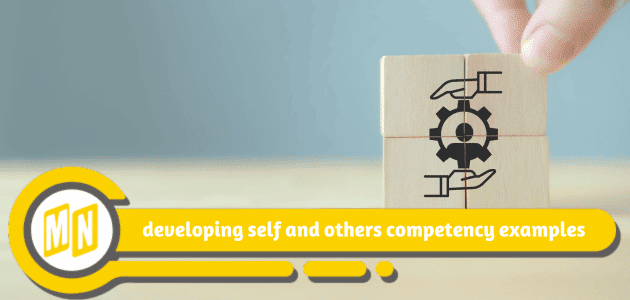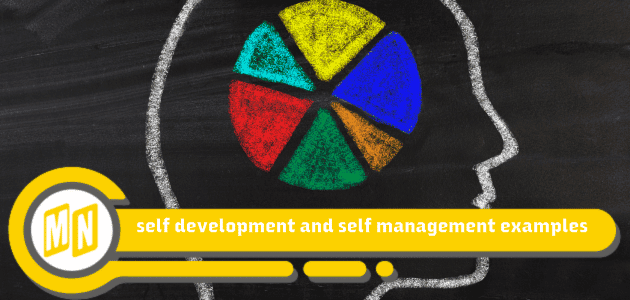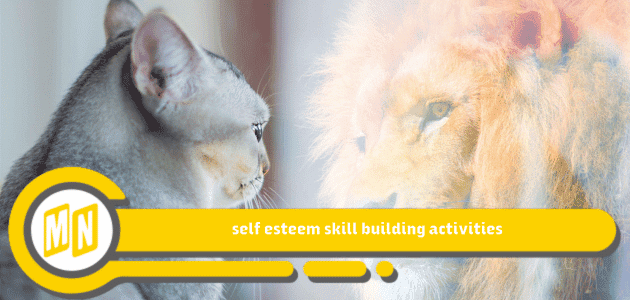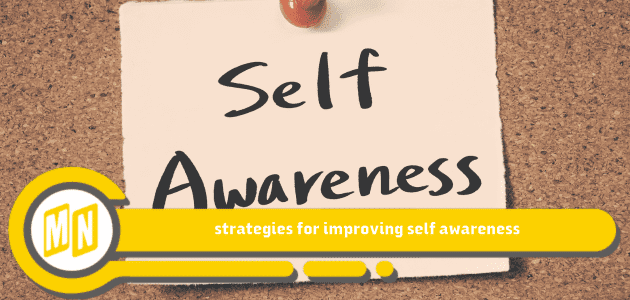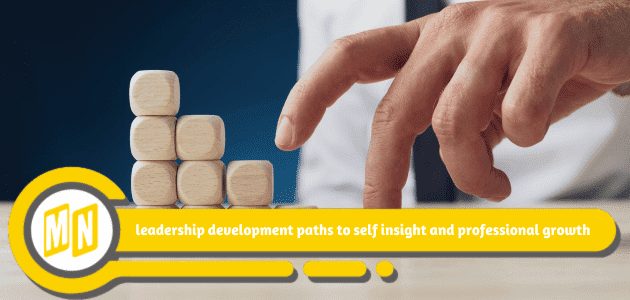developing self and others competency examples, Embarking on a journey of personal and professional growth is essential for both individual success and organizational development. In this article, we will delve into the realm of developing self and others competency examples. From leadership practices to continuous learning paths, coaching, and performance improvement tips, we will explore various strategies and techniques to enhance competencies and foster growth. Join us as we navigate through the pathways of self-improvement and skill enhancement in the quest for excellence.
Contents
- 1 developing self and others competency examples
- 2 Self-Improvement Strategies
- 3 Mentorship in Development
- 4 Skill Enhancement Techniques
- 5 Peer Learning Benefits
- 6 Competency Growth Plans
- 7 Effective Training Methods
- 8 Feedback and Growth
- 9 Leadership in Development
- 10 Continuous Learning Paths
- 11 Coaching for Success
- 12 Performance Improvement Tips
- 13 Building Competency Models
- 14 Professional Development Tools
- 15 Team Development Practices
- 16 Personal Growth Examples
developing self and others competency examples
When it comes to developing self and others competency, it’s crucial to lead by example. One example could be actively seeking feedback from colleagues or mentors to identify areas for improvement. Another example is sharing knowledge and skills with team members to empower them in their own development journey. Embracing continuous learning and coaching others for success are also powerful examples of fostering competency growth in oneself and in others. Remember, cultivating a culture of growth benefits everyone involved.
Self-Improvement Strategies
In the realm of self-improvement, setting clear goals is paramount. By defining specific objectives, individuals can track progress effectively. Additionally, practicing mindfulness and reflection aids in personal growth. Seeking feedback from peers and mentors, along with engaging in continuous learning, are strategies to enhance skills and competencies. Remember, consistent self-assessment and a willingness to step out of comfort zones are key elements in the journey towards self-improvement.
Mentorship in Development
Mentorship plays a crucial role in individual and professional growth. A mentor provides guidance, support, and knowledge to help mentees develop their skills and reach their full potential. Through mentorship, individuals can learn from the experiences of others, gain valuable insights, and navigate challenges more effectively. It fosters a culture of continuous learning and improvement, creating a pathway for personal and career development. Embracing mentorship can lead to enhanced competencies, increased confidence, and broader perspectives in the development journey.
Skill Enhancement Techniques
To enhance skills effectively, individuals can engage in various techniques like setting clear goals, seeking feedback, practicing regularly, and taking part in training programs. Embracing challenges, learning from failures, and networking with professionals in the field are also crucial. These techniques not only help in personal growth but also contribute to professional development, making individuals more competent and adaptable in today’s ever-evolving work environments. By continuous practice and a growth mindset, one can sharpen their skills and stay ahead.
See also: examples of specialist knowledge expertise and self development
Peer Learning Benefits
When it comes to personal and professional development, peer learning offers a myriad of benefits. Engaging with peers allows individuals to gain different perspectives, receive constructive feedback, and share knowledge and skills. Through peer learning, individuals can enhance their problem-solving abilities, increase their creativity, and develop stronger communication skills. Moreover, peer learning fosters a sense of community and collaboration, creating a supportive environment for growth and learning. Embracing peer learning can lead to mutual understanding and continuous improvement for all involved.
Competency Growth Plans
Developing competency growth plans is crucial for both personal and professional advancement. By identifying specific areas for improvement and setting measurable goals, individuals can enhance their skills and knowledge. These plans should include steps for continuous learning, coaching sessions, performance improvement techniques, and feedback mechanisms. Implementing effective training methods and utilizing professional development tools can further support competency growth. Team development practices and personal growth examples can also be integrated into these plans to ensure well-rounded growth and success.
See also: leadership development paths to self insight and professional
Effective Training Methods
When it comes to enhancing competency and skills, effective training methods play a vital role in personal and professional development. Engaging training programs, hands-on workshops, interactive e-learning modules, and mentorship opportunities are all examples of effective training methods that can help individuals grow and excel in their roles. These methods not only boost knowledge but also foster confidence and motivation, leading to a well-rounded and capable workforce. It’s essential to tailor training to the specific needs and goals of individuals for maximum impact.
Feedback and Growth
Feedback is a valuable tool for personal and professional development. Constructive feedback provides insight into areas for improvement, helping individuals enhance their skills and competencies. Embracing feedback fosters a culture of continuous growth, where learning from both successes and failures becomes paramount. By seeking and implementing feedback, individuals can identify their strengths and weaknesses, ultimately evolving into more competent and effective professionals. Remember, feedback is a gift that paves the way for ongoing growth and improvement.
See also: strategies for improving self awareness: Here’s what matters
Leadership in Development
Leadership in development is not just about guiding a team or organization; it also involves fostering the growth and competency of both oneself and others. Effective leaders prioritize continuous learning, coaching for success, and building competency models within their teams. By setting an example of personal growth and development, leaders inspire others to pursue excellence and reach their full potential. Embracing leadership in development creates a culture of continuous improvement and empowers individuals to thrive in their professional journeys.
Continuous Learning Paths
In today’s fast-paced and ever-evolving work environment, continuous learning is vital for personal and professional growth. Establishing a continuous learning path involves setting achievable goals, seeking out new opportunities for development, and staying updated on industry trends. It’s about embracing a mindset of lifelong learning to enhance skills, knowledge, and competencies. By actively engaging in continuous learning paths, individuals can adapt to changes, unlock new opportunities, and advance their careers effectively.
Coaching for Success
When it comes to achieving success, coaching plays a pivotal role in developing self and others’ competency. Coaching involves mentoring, providing constructive feedback, and identifying training opportunities to help individuals grow professionally. By fostering an environment that supports learning and development, coaches can empower individuals to reach their full potential. Effective coaching sessions can enhance performance, boost confidence, and unlock opportunities for personal and professional growth. Embracing coaching as a tool for success can lead to remarkable achievements in any field.
Performance Improvement Tips
When it comes to enhancing performance, setting clear goals and expectations is key. Provide regular feedback to acknowledge successes and offer guidance on areas for improvement. Encourage a growth mindset among individuals to foster continuous learning and development. Additionally, consider implementing performance evaluations to track progress and identify strengths and weaknesses. Remember, creating a supportive and empowering environment is essential for driving performance improvement and achieving success.
See also: self esteem skill building activities: Invest in yourself
Building Competency Models
When it comes to building competency models, it’s essential to identify the key skills, behaviors, and capabilities that align with your organization’s goals. Develop clear criteria for each competency and communicate expectations effectively to your team members. By establishing competency models, you provide a roadmap for professional growth and success, setting a standard for performance excellence within your organization. Building competency models helps in fostering talent development and ensuring that individuals are equipped with the skills needed to thrive in their roles.
Professional Development Tools
To enhance professional growth and competence, utilizing the right development tools is crucial. These tools can range from online courses and workshops to mentoring programs and self-assessment techniques. By incorporating tools like skills assessments, career coaching, and feedback mechanisms, individuals can identify areas for improvement and set clear goals for their development journey. Professional development tools not only help in acquiring new skills but also aid in refining existing competencies, leading to personal and career advancement.
Team Development Practices
When it comes to fostering team development, implementing effective practices is crucial. Encouraging open communication, promoting collaboration, and providing opportunities for skill-building are key components. By organizing team building activities, training sessions, and mentorship programs, team members can enhance their abilities and work cohesively towards common goals. Additionally, setting clear expectations, offering constructive feedback, and recognizing achievements can further boost morale and productivity within the team. Ultimately, investing in team development practices leads to a more engaged, motivated, and high-performing workforce.
See also: self development and self management examples
Personal Growth Examples
Personal growth is a vital aspect of self and professional development. Examples of personal growth can include setting and achieving goals, stepping out of comfort zones, seeking feedback for improvement, continuous learning through courses or mentorship, practicing mindfulness and self-reflection, developing emotional intelligence, and taking on new challenges. Embracing change, adapting to new environments, honing leadership skills, cultivating resilience, and fostering a growth mindset are all key examples of personal growth that can lead to a more fulfilling and successful life.

